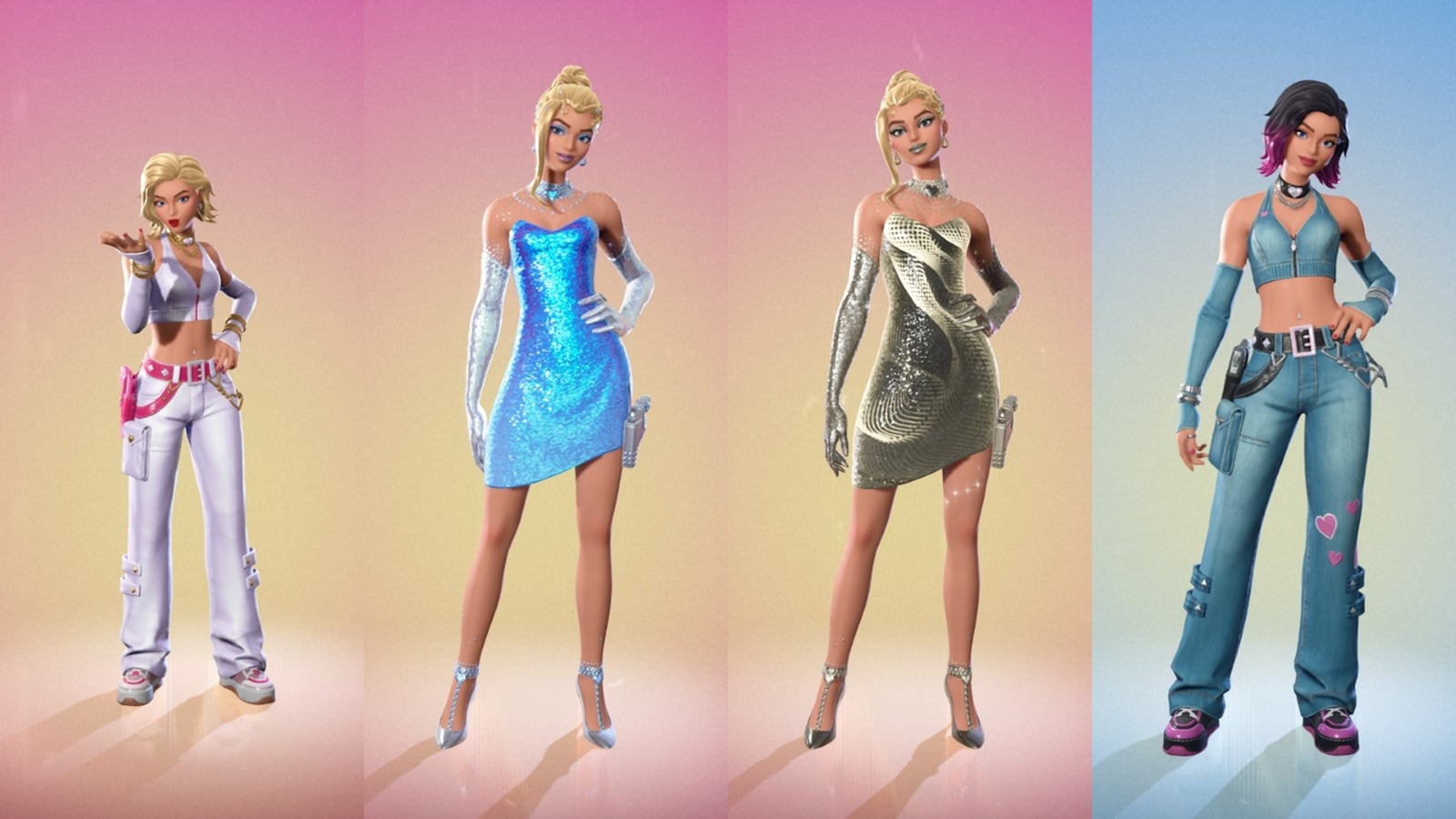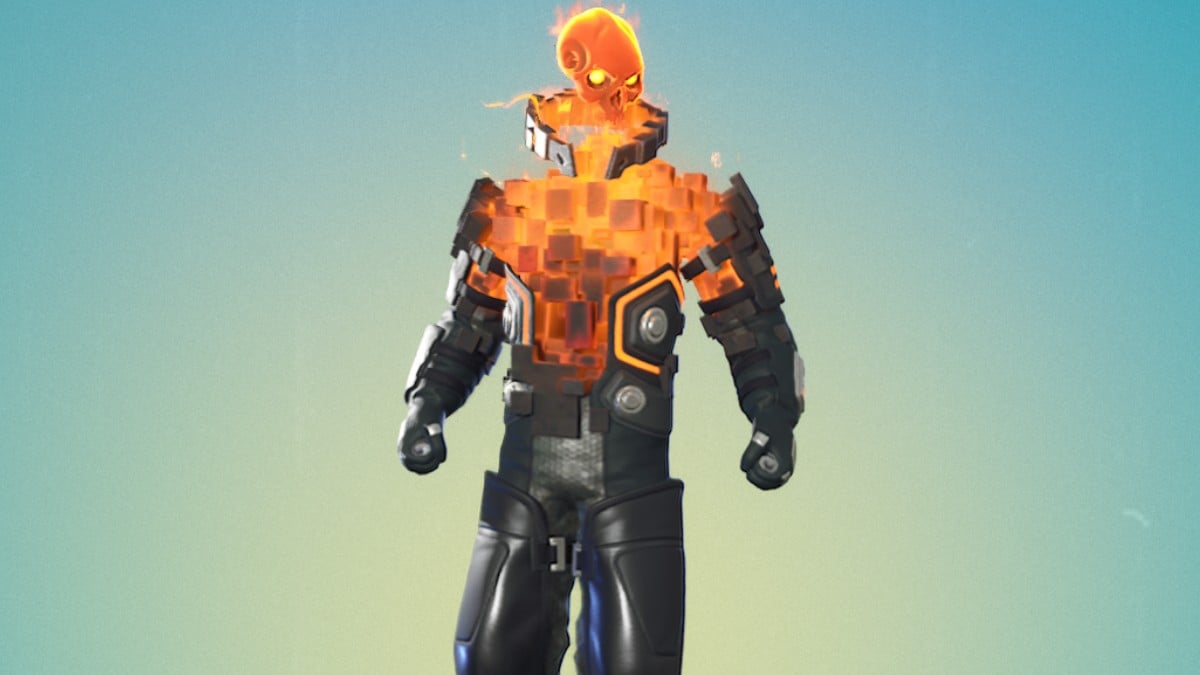Tyler Blevins is the biggest star on Twitch to date. Better known by his username Ninja, he streams Fortnite daily on his channel, the most popular game on Twitch at this moment, and he often brings on big name musicians like Chance the Rapper and Drake to join him during play.
However, Blevins flat out refuses to play with women.
“I don’t play with female gamers,” Ninja told Polygon over the weekend. “If I have one conversation with one female streamer where we’re playing with one another, and even if there’s a hint of flirting, that is going to be taken and going to be put on every single video and be clickbait forever.”
Ninja went on to explain that he wants to avoid gossip that could ruin his marriage, claiming that the only solution to protect himself and his career is to “not play with [women] at all,” and that it’s “just kinda like a respect thing” to do so.
“There hasn’t been a single female gamer or streamer on Twitch or anything like that who’s been upset about that,” Ninja told Polygon. Ironically, pushback started immediately after the article came out as criticisms piled up from women in gaming. Many pointed out how Ninja was treating his channel like a clubhouse by boys and for boys, which are values that may be passed down to his largely young viewers.
“I am not blaming Ninja for trying to protect his family,” Twitch streamer Bluejay tweeted on Saturday. “But going into an interview, in front of an audience of millions, and saying Women are Now Allowed in My Gaming Space is wrong. It’s keeping women and men segregated in gaming space. It’s Not Okay.”
Last word on this:
— bluejay 🦋 (@bluejayonx) August 12, 2018
I am not blaming Ninja for trying to protect his family.
But going into an interview, in front of an audience of millions, and saying Women are Not Allowed in My Gaming Space is wrong.
It’s keeping women and men segregated in gaming space. It’s Not Okay.
A lot of people are justifying Ninja's decision to not stream with women by saying he's 'protecting his marriage' but if your marriage is so weak that it crumbles under the rumours made by complete strangers online then your marriage was never built to last in the first place imo
— Diddly (@DiddlyDonger) August 12, 2018
Ninja has since come out with an official statement clarifying his point of view. In it, he explained that he doesn’t have “something against playing with women,” but rather that he is concerned with online harassment directed at himself and his family.
“[Online harassment] is something that affects all streamers, especially ones that make their relationships public,” Ninja explained in his tweet. “I wanted to bring attention to this issue and my comments should not be characterized as anything beyond that.”
Please read. pic.twitter.com/egfplBQFYD
— Ninja (@Ninja) August 13, 2018
On the surface, Ninja’s reasoning seems sound. Any person who has experienced online harassment can understand why Twitch’s most popular streamer would want to protect himself from Twitch viewers spreading nasty rumors about his personal life, especially because Ninja is married to fellow streamer Jessica Blevins, also known as “JGhosty” on Twitch. Harassment and tabloid hearsay towards streamers is commonplace on Twitch and YouTube. Blevin’s sentiment is not nothing. The internet is a rough place, and sometimes, the best thing to do to protect yourself is make compromises about your personal life.
That said, there’s a double standard here: Ninja acts as if bringing any single woman onto his stream will immediately damage his career and destroy his marriage, and therefore to protect himself, he has to keep women from getting in the spotlight. Meanwhile, he’s perfectly fine with getting involved in drama with men. Case in point, he paired up with Shroud in Fortnite and berated him over claims that he was using fake subscription bots. He also openly criticized Drake over how their stream together went down, even though Drake’s following is much bigger than Ninja’s and the Scorpion rapper is notorious for kicking up some pretty nasty beefs himself. Picking a fight with Shroud and dissing Drake is fine, but having women on his Twitch stream is crossing a dangerous line.
Ninja also seems to have zero understanding that harassment is gendered. While gossip runs rampant about Twitch streamers’ love lives, most of this is targeted toward other women and is founded in a creepy obsession with female streamers that stems from much, much more than women partnering up to play games with men. It’s as if Ninja recognizes that some viewers feels entitled to female streamers’ sex lives, so instead of trying to shed a light onto that problem, he just wants to avoid the issue altogether by keeping women away, as online harassment researcher Kat Lo points out.
“There’s something poetic about Ninja thinking ‘wow women in gaming have to deal with a deeply toxic culture of men attacking them and speculating about their lives. I wouldn’t want that in my life sooo I won’t work with women phew problem solved’ then tweeting that without irony,” Lo wrote in a tweet.

There’s also the fact that Ninja isn’t being responsible with his platform. As the service’s most popular streamer and the biggest Fortnite: Battle Royale celebrity in the game’s community, Ninja has the ability to raise women’s voices and promote female Fortnite streamers on Twitch by having them on his channel. Instead, he just keeps shining a light on the same few men in the Fortnite community time and time again.
That’s a problem, because Twitch has a major gender gap between popular male and female streamers. While Ninja ranks as Twitch’s most followed channel to date with over 10 million followers, there isn’t a single dedicated female streamer’s channel among Twitch’s top 10 most followed users, according to TwitchMetrics. In fact, only one solo female streamer appears in Twitch’s 50 most followed channels, and that’s pokimane, who has 1.87 million followers.
Ninja’s plea to check out other female streamers rings hollow, as he’s previously done very little to promote women on Twitch before. When Ninja has spoken up about gender in gaming, his views on women have been questionable at best. Instead of encouraging women to speak out against sexual harassment, he’s criticized women who call out harassers, saying toxic users “are just and trolls and need to be banned, not responded to.” It makes him seem selectively concerned about this behavior this week.
Whether he wants to admit it or not, Ninja is a popular streamer for a reason. He’s a funny and charismatic gamer that knows Fortnite inside and out. At the same time, he’s also a guy’s guy, and one of many in Twitch’s male-dominated streaming culture. His channel isn’t just watched by boys, he also appeals to teen girls and young women too, and those viewers may appreciate seeing more women share in the limelight.
Ninja isn’t outright saying that women don’t belong in gaming. If it’s safety that bothers him, then women can make the decision to appear on his stream and risk sharing in his clout. But it seems clear that he thinks women are liable to his own career, and less so the bad actors who are responsible for that climate.













Published: Aug 14, 2018 11:11 am